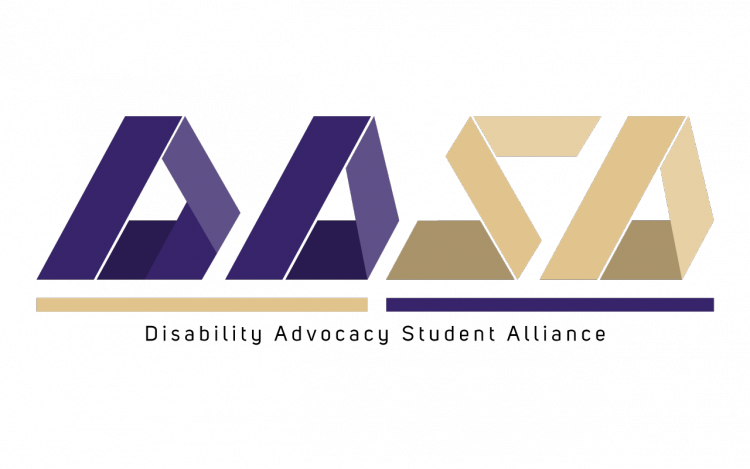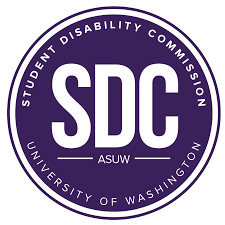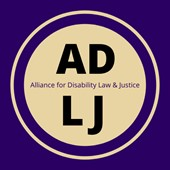How to request accommodations
Disability resources services
Students with temporary and/ or permanent disabilities can apply online for accommodations from Disability resources services (DRS) for each course at UW to support their academic career. Complete the new student application to receive an email response:
Talk to your instructor
DRS coordinates accommodations with your instructor. If DRS timelines don’t align with your needs, please talk with your instructor.
You do not need to share details of your disability or situation. Let your instructor know how they can improve accessibility in your course or classroom experience.
Contribute to a more disability-inclusive classroom
Talking about disability
- Person-first language: “a person with a disability”
- Disability-first language: “a disabled person”
- Person-first and disability-first language are both appropriate depending only on personal preference. If you are unsure which to use, you could ask someone what their preference is.
Avoiding euphemisms
“Disabled” is not a bad word! Sometimes, people avoid the word “disabled” and use euphemisms such as “special needs” or “handicapped.” Using euphemisms can negatively frame disability and communicate that it is a word to be avoided. Many people find euphemisms patronizing, so it is best practice to just say the word, “disability.”
🚫 Do not use or say things like...
✅ Let's modify our language!
Get Involved
UW disability affinity groups
This resources on this page are a part of HCDE’s Inclusive Teaching Toolkit and were created and combined by HCDE’s DEI Committee.



